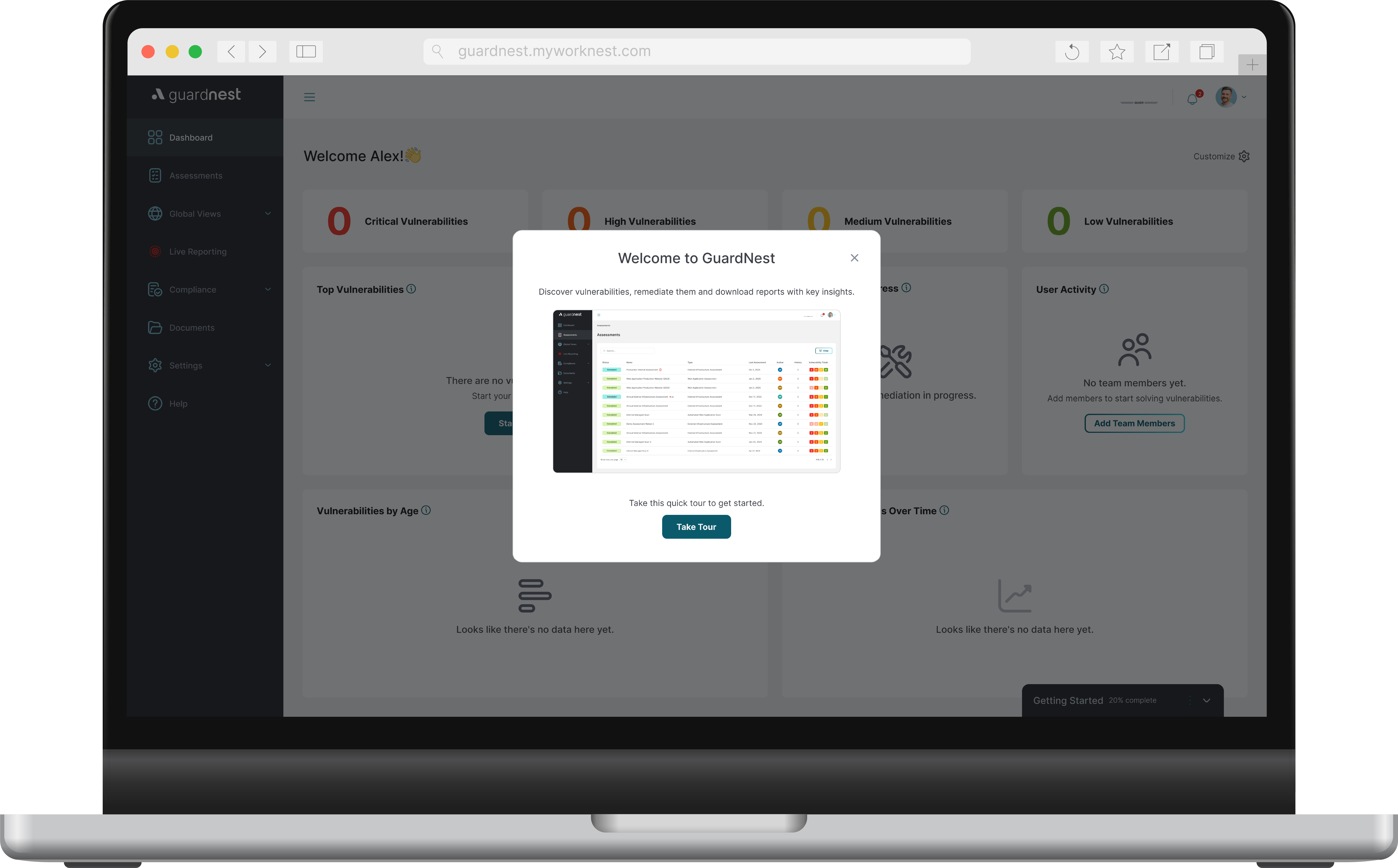Pentest People – Cyber Essentials Certification


Pentest People – Cyber Essentials Certification
Pentest People are proud to announce another recently achieved Cyber Essentials Certification that will help them deliver more innovative services and help keep their customers secure.
Pentest People are now a Cyber Essentials Certification Body.
Cyber Essentials is a UK Government led and industry-backed scheme that helps organisations protect themselves against common cyber-security threats by assessing the implementation of five security focussed technical controls.
These are:
- Use a firewall to secure your Internet connection
- Choose the most secure settings for your devices and software
- Control who has access to your data and services
- Protect yourself from viruses and other malware
- Keep your devices and software up to date
Why does your Business need Cyber Essentials?
Businesses need Cyber Essentials to have the benefits of the following controls; the first control is to protect your devices and data. This includes things like installing anti-virus software and using firewalls.
The second control is to control access to your systems. This means having strong passwords and restricting who can access certain parts of your network to avoid data leaks.
The third control is to keep your systems up to date, for example any software or databases.
Steps to Cyber Essentials Certification
Determine Eligibility: The first step in obtaining Cyber Essentials certification is to determine if your organisation is eligible for the scheme. Most organisations, regardless of size or industry, can benefit from Cyber Essentials certification.
Choose a Certification Body: Once eligibility is confirmed, you will need to choose a Certification Body to assess and certify your organization. Pentest People, for example, are now a Cyber Essentials Certification Body and can help guide you through the certification process.
Complete Self-Assessment: Before the formal assessment, organisations must complete a self-assessment questionnaire. This will help identify any gaps in your cybersecurity measures that need to be addressed before the formal assessment.
Schedule Assessment: Once the self-assessment is complete, schedule a formal assessment with your chosen Certification Body. The assessment will involve a review of your cybersecurity measures and an evaluation of your organisation's adherence to the five technical controls outlined in Cyber Essentials.
Receive Certification: If your organisation successfully meets the requirements of the Cyber Essentials scheme, you will receive certification that demonstrates your commitment to cybersecurity best practices. This certification can help build trust with customers and partners and improve your organisation's overall security posture.
Benefits of having Cyber Essentials:
- Protect against approximately 80% of cyber attacks.
- Work with the UK government and MoD.
- Demonstrate security and help secure the supply chain.
- Increase your chances of securing business.

Tips for a Successful Cyber Essentials Certification Preparation
- Start early: Begin preparing for Cyber Essentials certification as soon as possible to ensure you have enough time to address any gaps in your cybersecurity measures.
- Get buy-in from senior leadership: Ensure senior leadership is on board with obtaining Cyber Essentials certification and understands the importance of cybersecurity.
- Seek outside help if needed: If your organisation lacks the expertise to implement the technical controls, consider seeking help from cybersecurity experts or hiring a consultant to assist with the certification process.
- Train employees: Ensure that all employees know the importance of cybersecurity and understand their roles in maintaining a secure environment. Provide training on best practices and security protocols.
- Regularly review and update security measures: Cyber threats are constantly evolving, so it's important to regularly review and update your cybersecurity measures to stay ahead of potential threats. Conduct regular security audits and assessments to ensure that your organisation remains compliant with the Cyber Essentials scheme.
Common Challenges of CE Certification
Obtaining Cyber Essentials certification can be a challenging process for many organisations. Some common challenges that organisations may face when seeking Cyber Essentials certification include:
1. Lack of resources: One common challenge is the lack of resources, both in terms of time and budget. Small businesses, in particular, may struggle to allocate the necessary time and funds to complete the certification process.
2 . Complexity of technical controls: The technical controls outlined in Cyber Essentials can be complex, especially for organisations with limited technical expertise. Understanding and implementing these controls may require additional training or support from cybersecurity experts.
3. Resistance to change: Some organisations may resist implementing the necessary changes to achieve Cyber Essentials certification, either because they lack an understanding of the importance of cybersecurity measures or because they are reluctant to invest in security measures.
4. Lack of awareness: Many organisations may not be aware of the Cyber Essentials scheme or its benefits, leading to a lack of interest in obtaining certification. Educating organisations on the importance and benefits of Cyber Essentials can help overcome this challenge.
Difference Between Cyber Essentials & Cyber Essentials Plus
One key difference between Cyber Essentials and Cyber Essentials Plus is the level of assessment and verification involved in the certification process.
Cyber Essentials certification is a self-assessment process where organisations complete a questionnaire to demonstrate their compliance with the basic cybersecurity controls outlined in the scheme. This certification focuses on five key areas: secure configuration, boundary firewalls, access control, malware protection, and patch management.
Cyber Essentials Plus, on the other hand, involves a more rigorous assessment process that includes an external vulnerability scan and an on-site assessment conducted by a certified cybersecurity professional. This higher level of certification provides a more thorough evaluation of an organisation's cybersecurity measures and offers greater assurance to customers and stakeholders.
While Cyber Essentials is a good starting point for organisations looking to improve their cybersecurity posture, Cyber Essentials Plus offers a more comprehensive evaluation of an organisation's security measures. Depending on the size and complexity of your organisation, you may choose to start with Cyber Essentials certification and then work towards achieving Cyber Essentials Plus for a higher level of assurance.
If you want more information on the difference between CE and CE plus, read our blog here.
What do Pentest People Offer?
Pentest People are a Cyber Essentials Certifying Body and can perform and accredit you to both stages of Cyber Essentials. As well as the certification, Pentest People can also offer consultancy services including a GAP analysis against the 5 technical controls to ensure that you have adequate controls in place before you undertake a paid assessment.
More information on the Pentest People Cyber Essentials service can be found here.
For more Cyber Essentials information in depth, visit our Cyber Essentials overview: https://www.pentestpeople.com/blog-posts/cyber-essentials-overview
.png)








.svg)








.webp)


